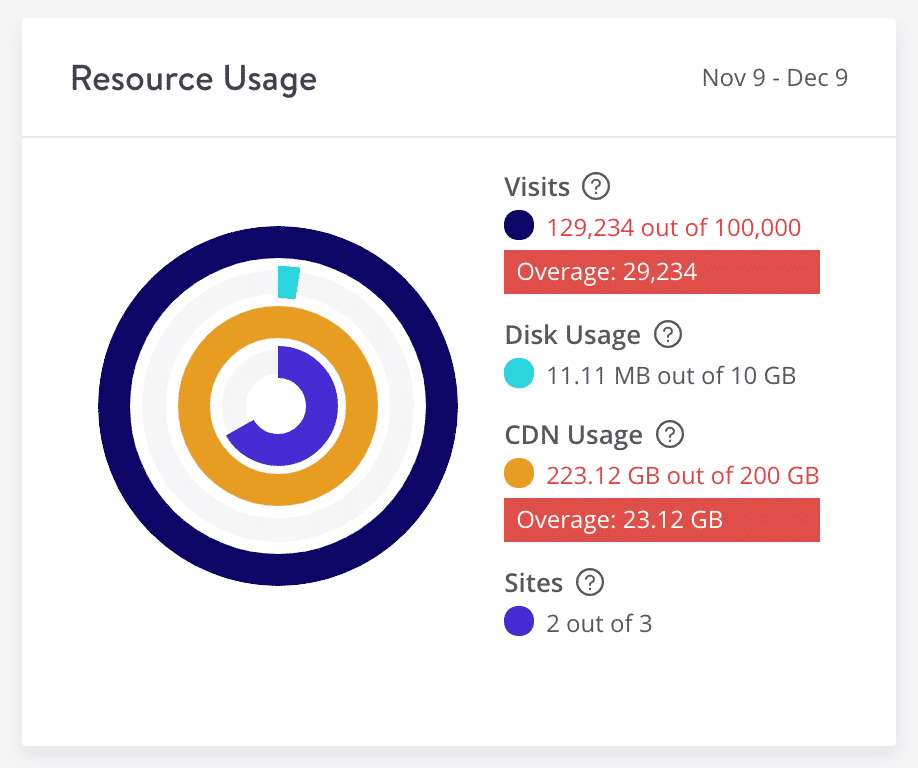
Greetings to everyone! Today, I will be discussing Hosting Bandwidth. I hope that by reading this blog in its entirety, you will gain a clear understanding of what hosting bandwidth is. So, let’s dive right into today’s topic.
In computer technology, Hosting Bandwidth refers to the rate at which data is transferred over a network within a specific time frame, typically measured in bits per second (BPS). In simpler terms, bandwidth measures how much data can be transmitted per second.
When a user visits your website, the code, images, text, videos, and other content on your site are sent to their device. Bandwidth determines how much data can be sent at a time. For instance, when your mobile data is exhausted, you can no longer use the internet. Similarly, if your hosting bandwidth runs out, your website will not be able to transmit data to visitors. Therefore, bandwidth is essential for the smooth operation of your website.
Imagine your website has five web pages, each with a size of 200 KB (kilobytes). Now, if 1,000 visitors visit an average of five pages per day, you will need a total bandwidth of:
1,000 visitors × 5 web pages × 200 KB per page = 1,000,000 KB (kilobytes) or 977 MB (megabytes)
This means that every day, your website will consume about 977 MB of bandwidth.
If your hosting plan does not provide sufficient bandwidth, it can lead to several issues:
Determining the right amount of bandwidth for your website depends on several factors:
For a small business website or blog with moderate traffic, a hosting plan with 10-50 GB of bandwidth per month might suffice. However, for e-commerce sites or larger platforms, 100 GB or more could be necessary.
To ensure you make the most of your allocated bandwidth, consider the following tips:
When selecting a hosting plan, it’s crucial to consider not only the storage and server speed but also the bandwidth provided. Some hosting companies offer unlimited bandwidth, but it’s essential to read the fine print, as “unlimited” often comes with terms and conditions.
In Bangladesh, several hosting companies offer competitive bandwidth packages. When choosing a hosting provider, look for one that provides scalable options, so you can upgrade your bandwidth as your website grows.
In summary, hosting bandwidth is a critical aspect of web hosting that directly impacts your website’s performance and user experience. By understanding your bandwidth needs and optimizing your website accordingly, you can ensure that your site runs smoothly and efficiently, even as your traffic grows.
If you're planning to launch a new website or upgrade your existing one, consider your bandwidth requirements carefully. Investing in the right hosting plan will not only keep your website running smoothly but also provide a better experience for your visitors.